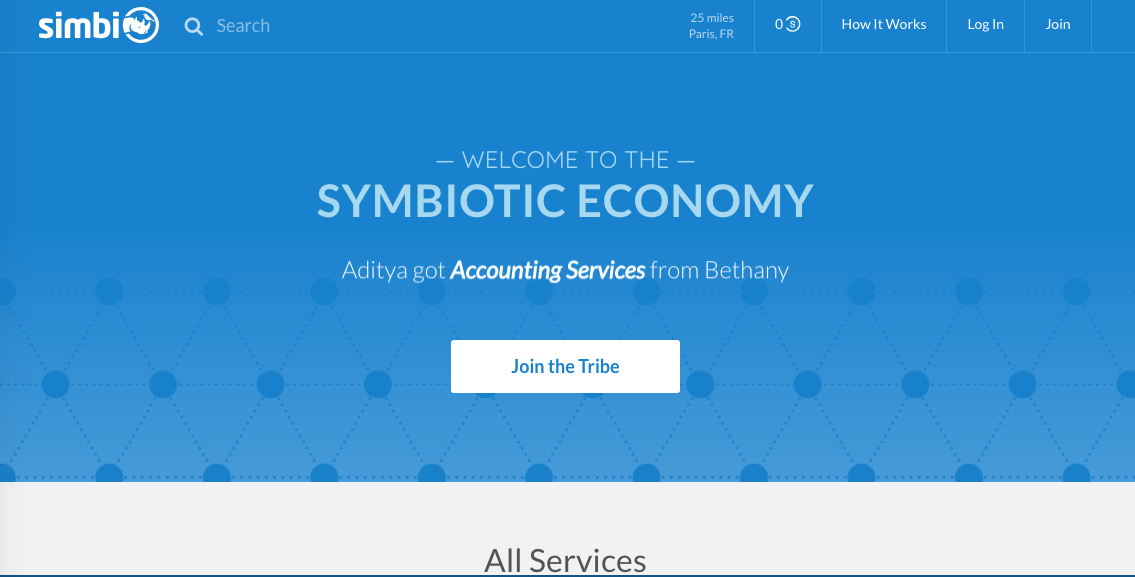When people make the leap into self-employment, it’s often to spend more time doing something they enjoy. Maybe you’re seeing whether you can turn a hobby into a business or using the reputation you’ve built in a particular industry to strike out alone.
But new freelancers often forget to acknowledge all the other functions necessary to run a successful business.
In this chapter, you’ll explore the different roles you’ll have in your freelance business and how to manage them. You’ll identify the kind of tasks you’ll need to do, decide which ones you can manage and explore the alternatives if you’re not able to do it yourself.
Identify your additional tasks
It’s easy to underestimate just how much time your non-paid roles will take. Here’s a list of business functions and the typical tasks you’ll have to complete for each:
Business functions and tasks
Function | Your typical tasks |
Business development | Discover ways to attract new customers and sell more to existing customers, write new business proposals or pitches, maintain relationships with clients/customers. |
Finance | Bookkeeping (ie keep track of all the cash coming into and leaving the company and expenses); carry out credit control (ie chase invoices that have yet to be paid), reconcile bank statements (ie check and confirm that all payments in and out of your bank account match your own records), fill in tax returns each year and file company accounts if you’re a limited company. |
General administration | Write and respond to emails; phone calls; scheduling work; project management; filing documents either physically or electronically; organise stationary, postage, business tools or office supplies, book travel and hotel accommodation if working elsewhere. |
Marketing | Create and produce marketing materials such as leaflets, fliers, posters; create content for your website; manage all social media platforms; write a blog. |
Networking | Follow up business leads, attend meetings, trade shows, conferences and business networking groups. Network online through LinkedIn or Facebook for example; strengthen your current business contacts. |
Promotion | Generate ideas for advertising and sales promotions, write press releases, create instructional/informational videos for YouTube. |
Research | Look for new clients through job websites, ads and social media; stay up-to-date with local, national and business news; identify trends; research the competition. |
Sales | Contact clients by email or phone to offer your services; negotiate fees/day rates/deadlines. |
You’ll need to decide where the focus needs to be for your business and at what point. For example, if you’re just starting out, you’ll probably need to spend a little more time on research, networking, marketing and promotion.
What you must also do though is make sure you include time in your working schedule for these tasks.
In 2017, I had 140 days of paid work. The actual number of working days for that year was 232 (this is minus 20 days basic holiday entitlement and the eight UK public holidays). It means I spent around 60% of my time actually working and the other 40% on other tasks related to my business.
And this is typical. Generally, you’ll spend roughly two-thirds of your time on paid work and the other third doing all the other stuff: generating work, sorting your accounts, marketing, developing leads etc.
Determine what you can and can’t do
Examine the list above and ask yourself which tasks you’d feel comfortable doing and which ones are beyond the reach of your skillset. It’s important to understand your weaknesses as well as your strengths. If you don’t, you’ll end up putting off the tasks you don’t like, and may never get around to them.
Once you’re sure about the additional roles you can manage, work these tasks into your schedule. With accounts, for example, maybe one day a month is sufficient to record sales, payments and chase outstanding invoices.
Maybe you’d prefer to check where you are after each week. Whatever you decide, don’t forget to include this when planning your working days.
But what about the business roles I can’t do?
Don’t avoid them! If you put off spending time identifying new leads, you may have no work when your current project ends. Forget to chase a big invoice, and it will impact the amount of money you have to pay yourself or your bills at the end of the month.
This is where you’ll need to consider your alternatives.
Discover the alternatives
There are six alternative options you can look into for the business roles you struggle with. These are:
Take a course
Ask friends and family
Use technology
Barter your skills
Pay commission
Hire a professional
1. Take a course
Can you learn the skill you’re lacking? It’s worth seeing if there are any courses that can specifically help you with one or more aspects of your business. This might be at adult education colleges or through local or regional business networking groups.
A great free resource is the Business and IP Centre at The British Library, which offers lots of free workshops and webinars aimed at entrepreneurs and small businesses. Courses include: How to Use Social Media for Business, Getting a new Product to Market or How to Start Selling Products Online. You can also learn how to use the library collections to conduct business research and identify new clients.
2. Ask friends and family
Do you have a sister who’s a bookkeeper or a friend who’s a marketing manager? Ask skilled family or friends to help you with any areas you can’t do yourself. Most family and/or friends will be happy to help, and when you start making millions maybe you can actually pay them!
3. Use technology
Is there an app or piece of software that’s been designed to do the very job you can’t? Quite often nowadays, the answer is yes. Bookkeeping apps for small businesses and the self-employed, such as Xero or Quickbooks, are both popular choices.
You can also go online to search for help. Searches for ‘how-to's’ have become one of the most popular ways to search online and as a result, you’ll usually find an article or YouTube video explaining exactly how to do what you’re looking for.
4. Barter your skills
This is when skills or products are exchanged without using cash. Decide on the value of your skill, service or product and swap it with someone else's of equal value. It’s an old-fashioned idea that has been brought bang-up-to-date with Simbi.com, an online bartering platform.

Business services you can find on Simbi include among other things: web design, accounting services, IT support, logo design or entrepreneurship coaching.
5. Pay commission
This is especially good if you are looking for help with sales. You can pay them on commission, which means you give them a percentage of the work they find you after you’ve been paid. You don’t have to pay them from your own resources, but you will earn slightly less. A commission of 5-20% is standard, but do some research before setting your rates.
6. Hire a professional
You can budget for this if you have savings or pay for someone out of your business income once you’re up and running. It’s the most costly option, but you’ll also get the benefit of their professional wisdom and be confident they’ll make any deadlines you set for completion.
Juggling lots of different roles can be overwhelming which means that looking after your physical and mental wellbeing is important. You’ll explore how to do this in the next chapter.
